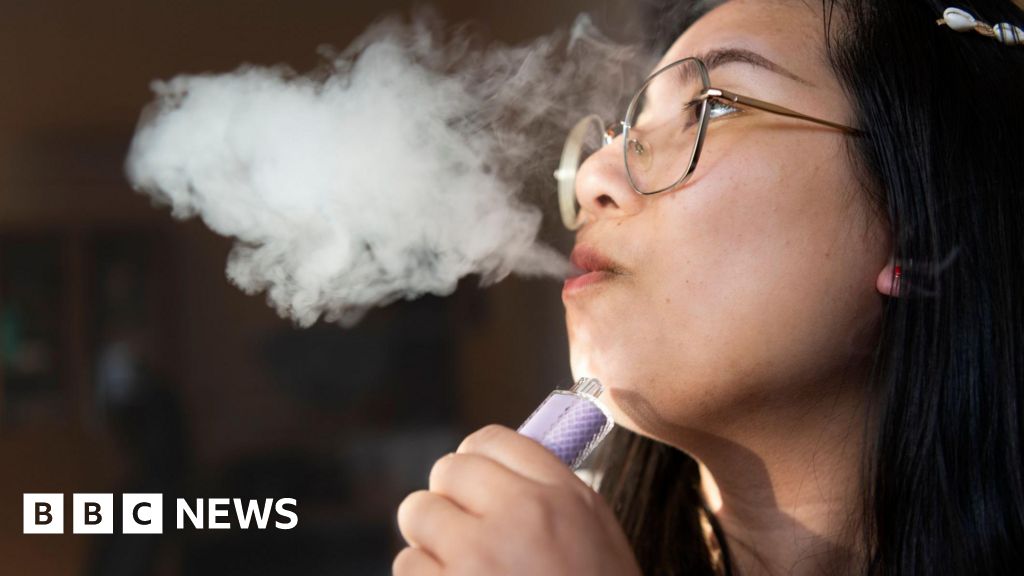ARTICLE AD BOX
By Michelle Roberts
Health editor, BBC News online
Most people with coronavirus will recover within about a week of getting symptoms and will not need medical care.
But some people will need to be treated in hospital - as the prime minister was.
Boris Johnson, who is 55, has been discharged from St Thomas' hospital in London after being in intensive care.
He was given oxygen, but didn't need a ventilator machine to help his breathing.
Chief Medical Officer Chris Whitty has said male sex is "a very clear risk factor". But why?
Which people can get sick?
Some people are at higher risk of complications.
This includes people over the age of 70, regardless of whether they have a medical condition or not, and people of any age with underlying health conditions such as heart disease.
There are more than 1.5 million people in the UK who are at the greatest risk of needing hospital treatment if they catch coronavirus.
This includes people with cancer who have been receiving chemotherapy, and they are being asked to stay at home all of the time to shield themselves from the virus.
Coronavirus also appears to disproportionately affect men in their 50s and 60s to a certain degree, although they are not singled out as a high risk group. But it's not that clear-cut. Correlation isn't necessarily cause.
Why older men?
UK data from intensive care hospital wards shows the average patient who is critically ill is aged 60. Most are men and many have other health conditions that could put them at increased risk, such as heart problems and obesity.
Of the 647 coronavirus-related deaths registered by the Office for National Statistics in England and Wales up to the week ending 27th March, 44 were aged 45-65 - around 7% of the total.
Death rates go up with age in both men and women, but men tend to outstrip women across the ages.
Data from China, where the pandemic began, also suggests men are at greater risk than women, although experts caution there could be factors other than gender, such as smoking habits, that could explain the link.
Prof Ian Hall, Professor of Molecular Medicine, University of Nottingham, said: "I am not convinced this completely explains the increased risk of severe disease in men, so it seems possible there may be some other as yet unidentified factor playing a role."
Men are more likely than women to have heart disease, diabetes and chronic lung disease.
Some have suggested genes and sex hormones might be involved too.
Are women more immune?
Prof Philip Goulder, an expert in immunology at University of Oxford, said: "It is becoming increasingly recognised that there are substantial differences in the immune system between males and females and that these have significant impact on outcome from a wide range of infectious diseases.
"The immune response throughout life to vaccines and infections is typically more aggressive and more effective in females compared to males."
This could be down to women carrying two copies of the X chromosome, compared to the single X and a Y that men have.
A number of critical immune genes are located on the X chromosome, he says.
Is coronavirus causing the deaths?
Every year, about 600,000 people in the UK die. People with underlying health conditions and the elderly are most at risk, just as they are if they have coronavirus.
The Office for National Statistics has been assessing how many of the deaths linked to coronavirus might be as a direct result of the virus.
This analysis suggests that most (86% or 3,372) of the 4,000 deaths linked to coronavirus in March were likely caused by the virus, although around nine in every ten of those who died had a pre-existing health condition.
The coronavirus death rate was twice as high for men compared to women - 97.5 deaths per 100,000 population versus 46.5 deaths per 100,000.
How can you protect yourself?
Stay as fit and healthy as you can by exercising and eating a balanced diet.
If you smoke, now is a good time to quit.
Men are more likely than women to:
- smoke and smoke more cigarettes per day and smoke hand-rolled tobacco
- eat too much salt
- eat too much red and processed meat
- eat too little fruit and too few vegetables
- drink alcohol and drink at hazardous levels
Coronavirus spreads when an infected person coughs or sneezes small droplets - packed with the virus - into the air. These can be breathed in, or cause an infection if you touch a surface they have landed on, then your eyes, nose or mouth.
So, coughing and sneezing into tissues, not touching your face with unwashed hands, and avoiding close contact with infected people are important.
What if I get coronavirus symptoms?
If you have a new, continuous cough or a fever you should stay at home and self-isolate for at least seven days.
If you, or someone you live with, develop symptoms, the entire household needs to isolate for 14 days to monitor for signs of the disease.
What should I do if my symptoms don't get better?
The main reason people need hospital treatment is difficulty breathing.
In the UK, the NHS 111 website will guide you through what you need to do.
If you are so breathless that you are unable to speak more than a few words then you will be told to call 999 as this is a medical emergency.
If you become so ill that you've stopped doing all of your usual daily activities then the website will advise speaking to a nurse by dialling NHS 111.

 5 years ago
173
5 years ago
173








 English (US) ·
English (US) ·